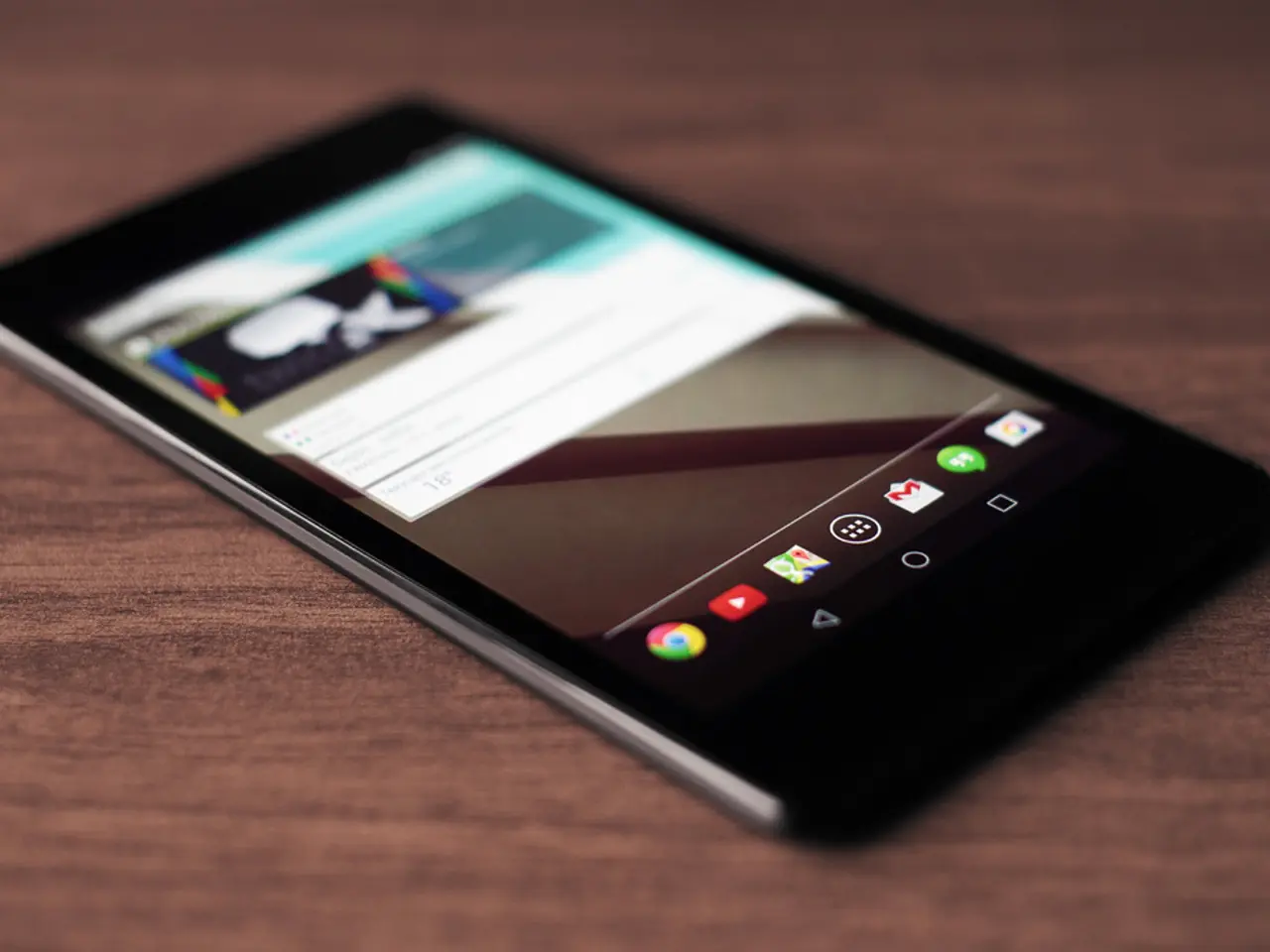With approximately 1 in 100 internet users in Nigeria relying on 9mobile, the question arises: could the implementation of roaming services spark a change in their user base?
In a bid to revitalise its shrinking internet user base and secure a future as a leading telecom operator in Nigeria, 9mobile has entered into a groundbreaking three-year roaming agreement with MTN Nigeria. This partnership, the first of its kind in West, East, and Central Africa, is set to transform the Nigerian telecom sector.
The agreement, approved by the Nigerian Communications Commission (NCC), allows 9mobile subscribers to roam seamlessly on MTN Nigeria's extensive network, addressing coverage gaps and improving service quality [1][2][3]. This move is critical for 9mobile, which has struggled with infrastructure gaps, network quality complaints, and years of stagnant innovation [4].
The partnership aims to retain existing internet users and attract new ones. As of May 2025, 9mobile has 1.45 million internet subscribers, a significant drop from 15.5 million in September 2015 [3][4]. This roaming deal is a crucial step in reversing this downward trend.
The agreement promotes infrastructure sharing, reducing duplication of investments and operational costs, aligning with the NCC's vision for a more efficient digital ecosystem [2][4]. It could also lead to deeper collaboration, including a proposed spectrum leasing deal, further enhancing MTN's network capacity and service quality [1][2].
The success of 9mobile's recovery strategy will depend on its ability to upgrade fast enough, offer value, and grow its market share. In a market of over 141 million internet users, only one in every hundred Nigerians chooses 9mobile [5]. Rivals MTN and Airtel have aggressively invested in nationwide fibre, spectrum acquisitions, and 4G/5G expansion to consolidate their dominance.
The roaming agreement between 9mobile and MTN is a commercial agreement, with both parties paying for what they use. Real recovery for 9mobile, according to analysts, will depend on its ability to improve user experience and market itself as a credible alternative [6].
In a country where data is increasingly synonymous with opportunity, relevance, and growth, staying small is no longer an option for 9mobile [7]. The future of 9mobile as a telecom operator in Nigeria remains uncertain without a significant turnaround in its internet business. This roaming deal with MTN could be the catalyst for the much-needed change.
The partnership between MTN and 9mobile could alter the competitive landscape in Nigeria's telecom market, potentially leading to better services and more competitive pricing across the sector. With improved network capabilities, both MTN and 9mobile may invest in technological advancements, such as 5G services, to further enhance their offerings and remain competitive in the market [8].
Enhanced service quality and expanded coverage will likely improve customer satisfaction, which is crucial for retaining subscribers and attracting new ones in a highly competitive market. Regulators have long pushed for infrastructure sharing to lower costs, improve rural coverage, and boost digital inclusion [9].
The success of 9mobile's comeback strategy hinges on leveraging MTN's extensive network to regain lost ground and restore its reputation as a reliable service provider in Nigeria. Success in this endeavor could significantly impact the country's telecom landscape, offering consumers more choices and better services.
- Seeking to bolster its user base and maintain its status as a leading telecom operator in Nigeria, 9mobile's roaming agreement with MTN, a first in West, East, and Central Africa, aims to boost its infrastructure, enhance service quality, and promote innovation through technology.
- To sustain its market presence, 9mobile, with only one in every hundred Nigerians choosing its services, needs to invest in upgrades, offer value, and expand its market share in the highly competitive telecom industry with over 141 million internet users.
- The proposed collaboration between 9mobile and MTN, including the spectrum leasing deal, could lead to advancements in technology such as 5G services, contributing to a more competitive and customer-centric telecom sector in Nigeria, with potentially better services and pricing across the industry.




